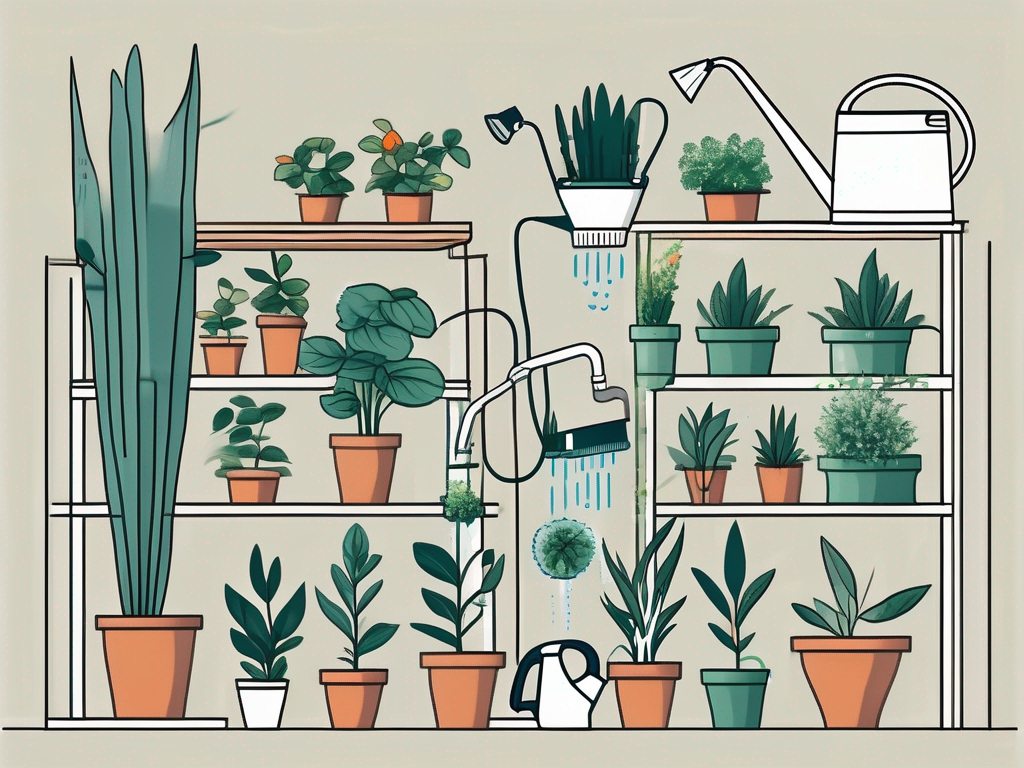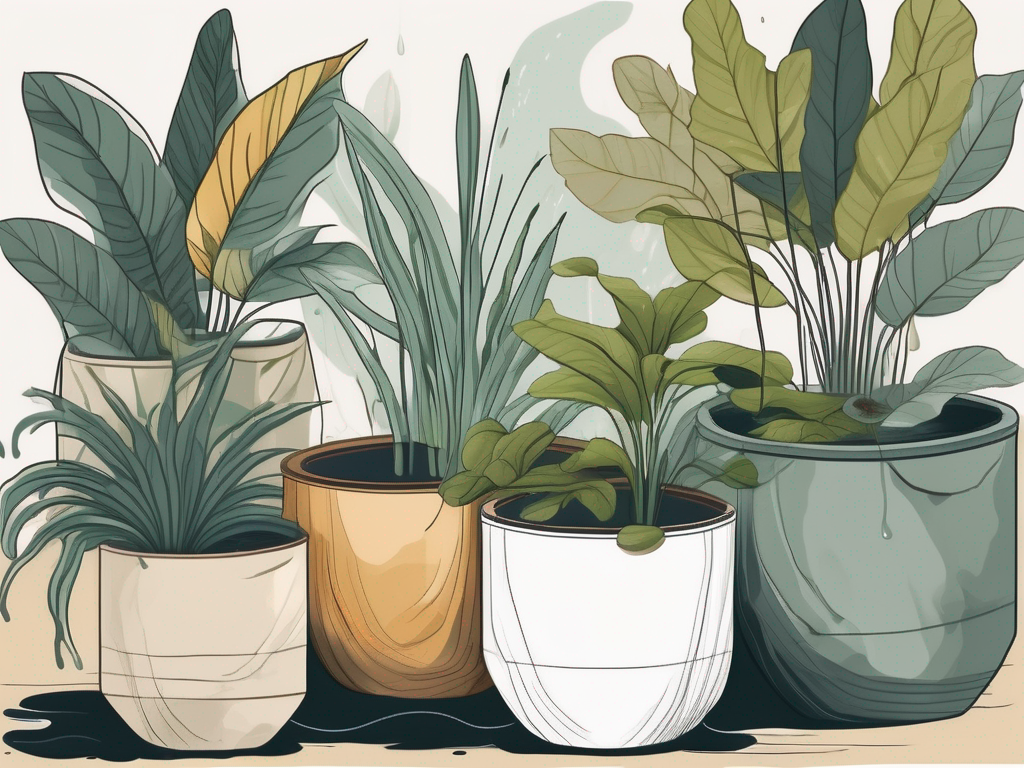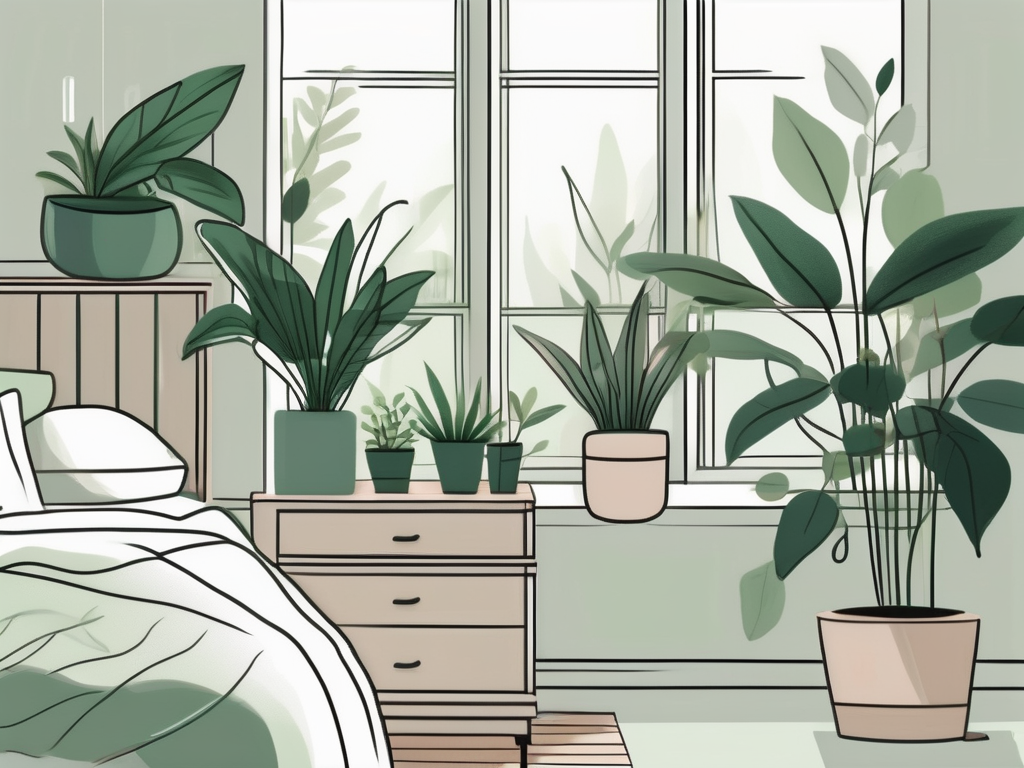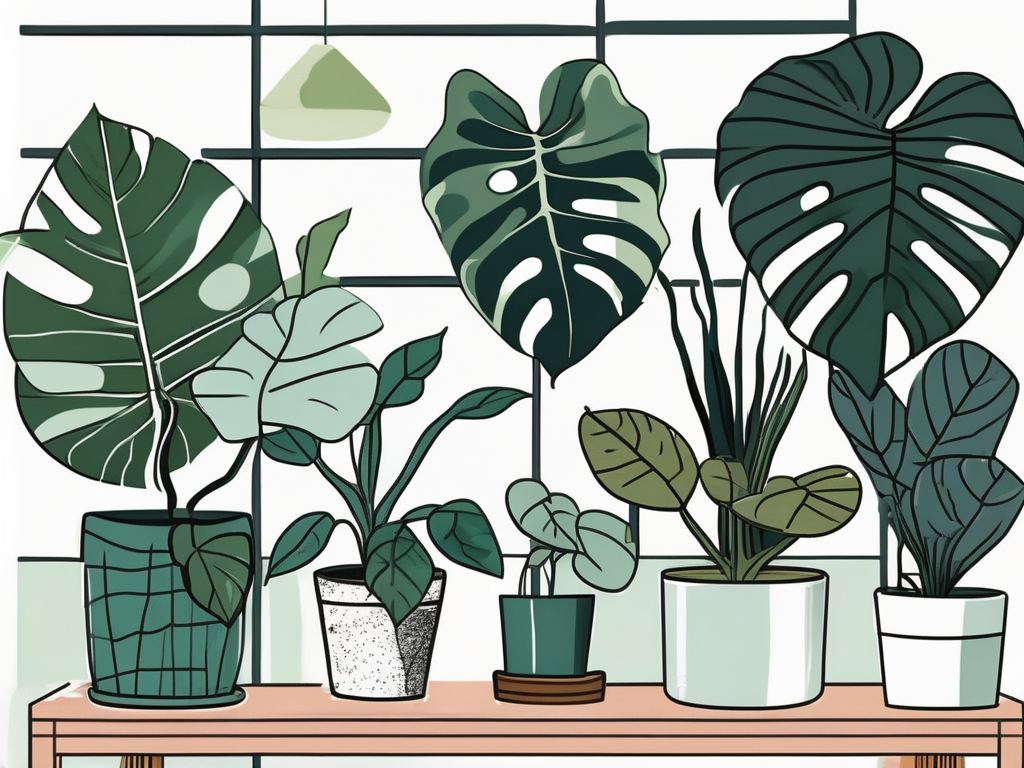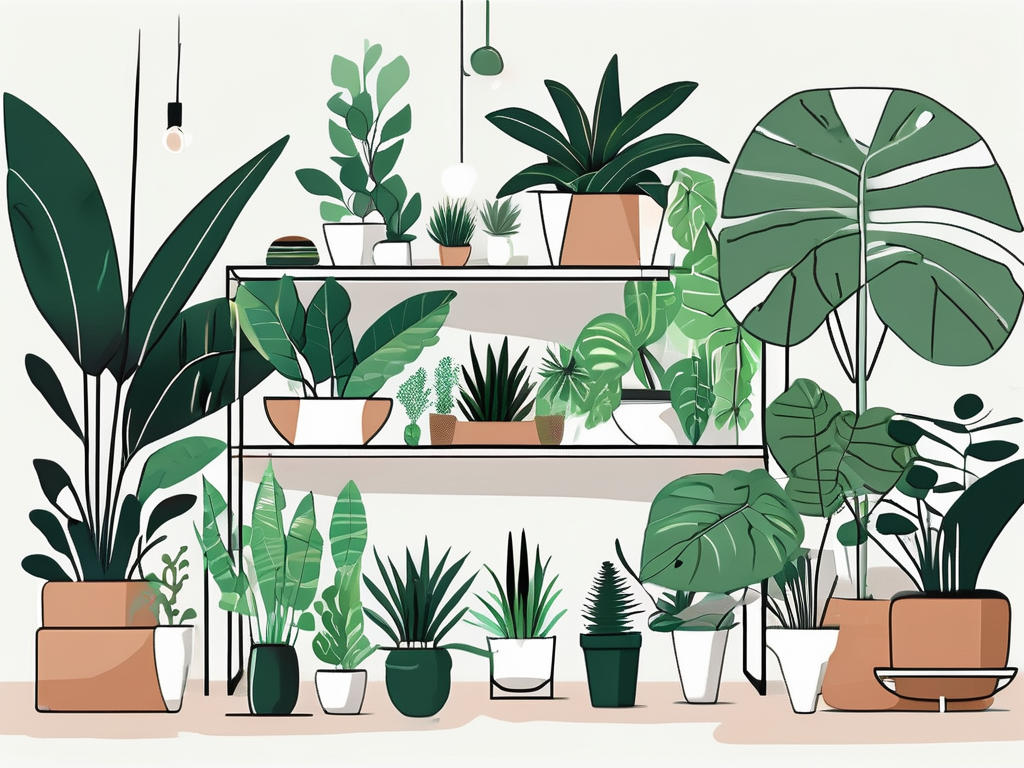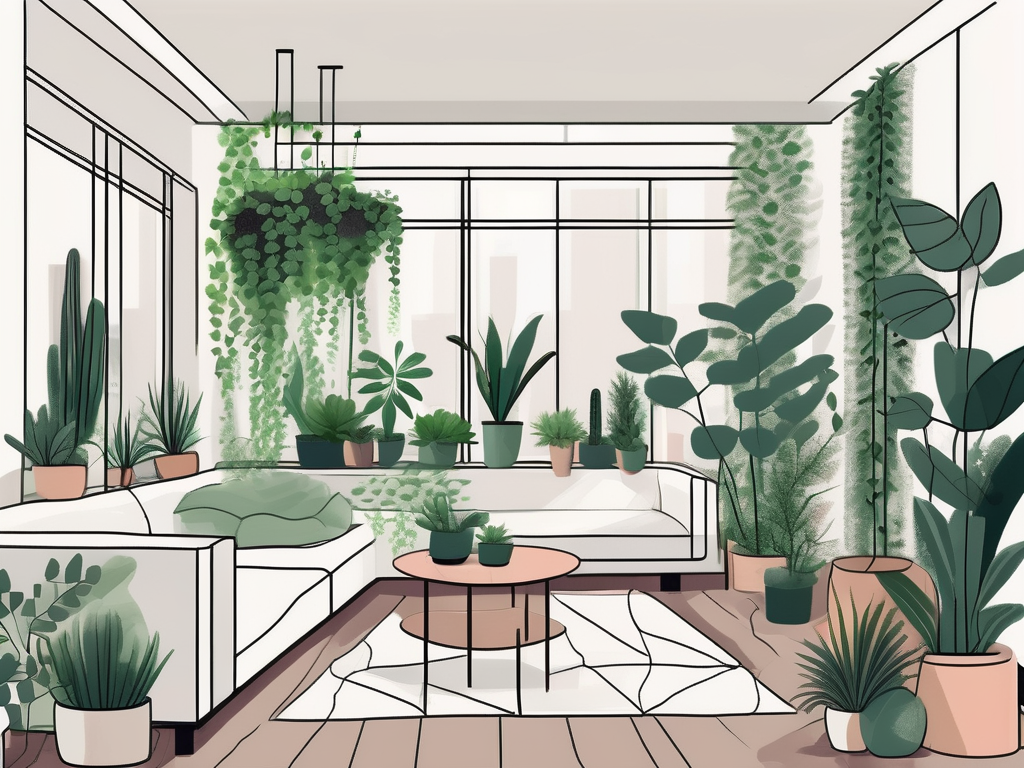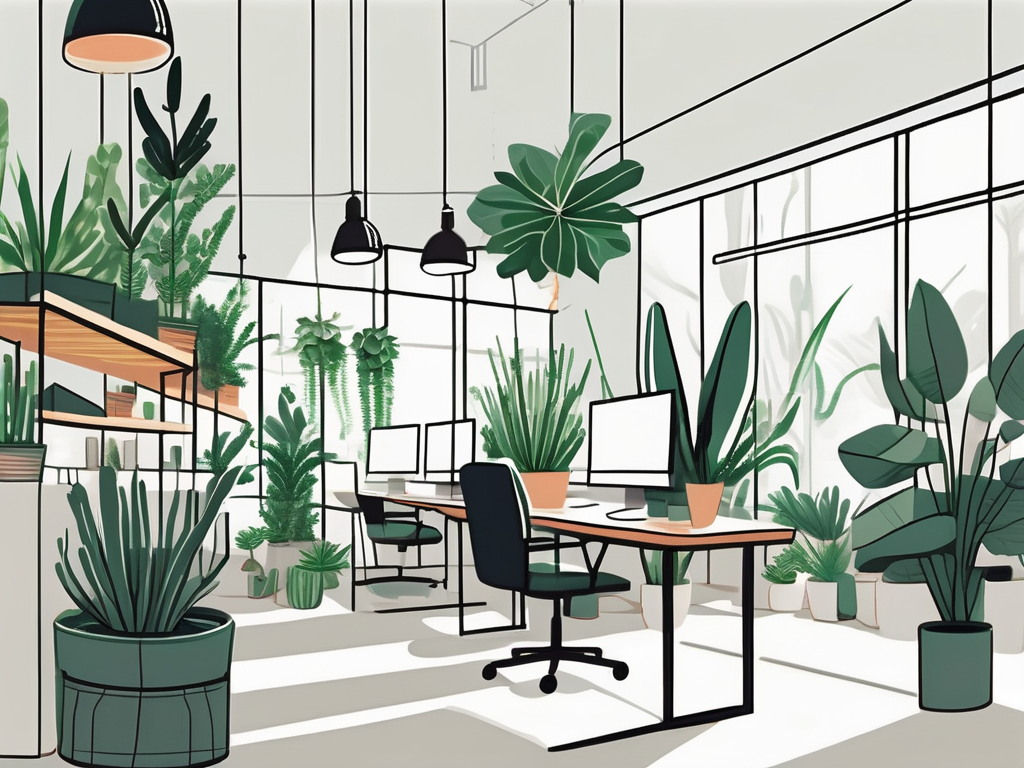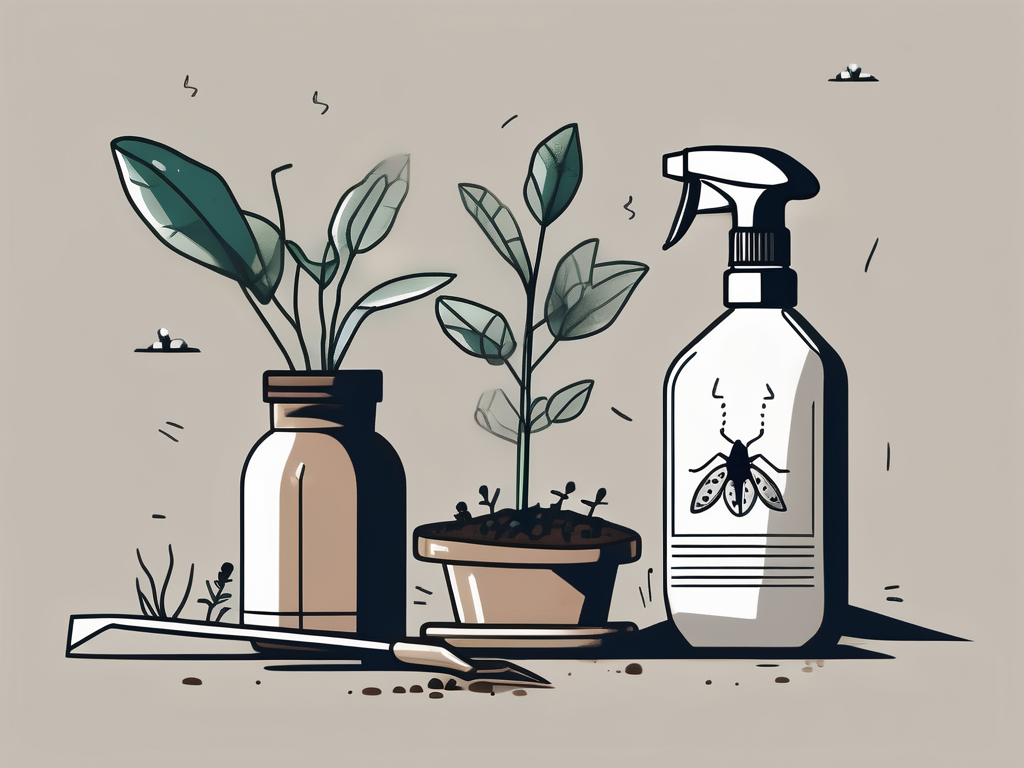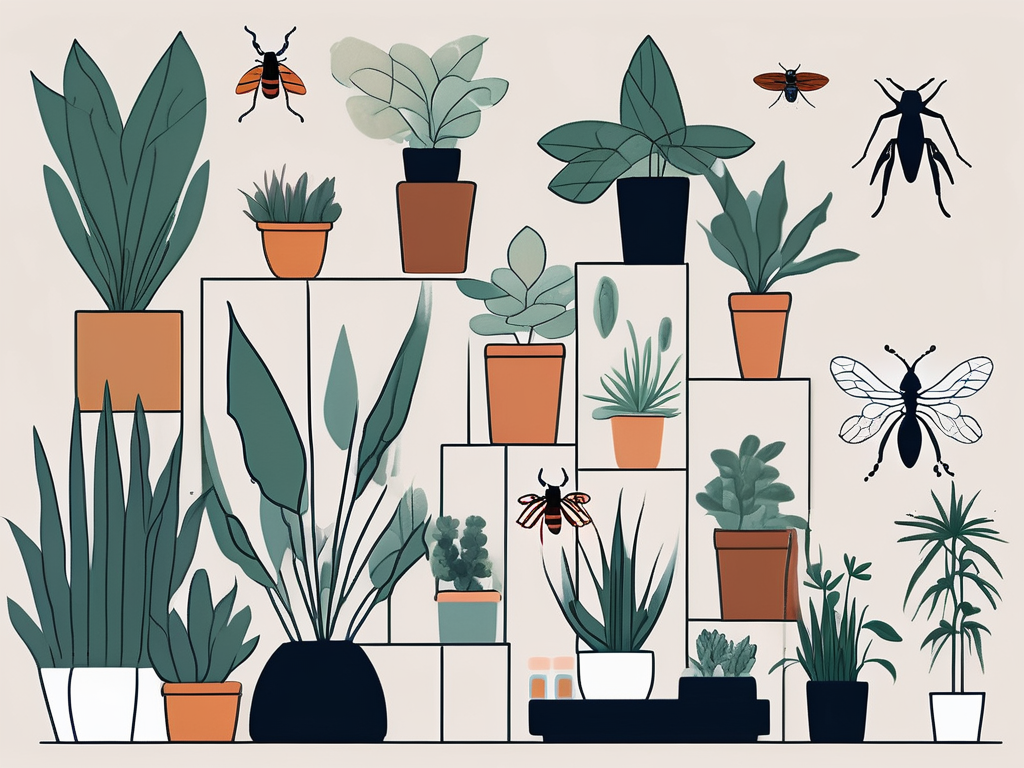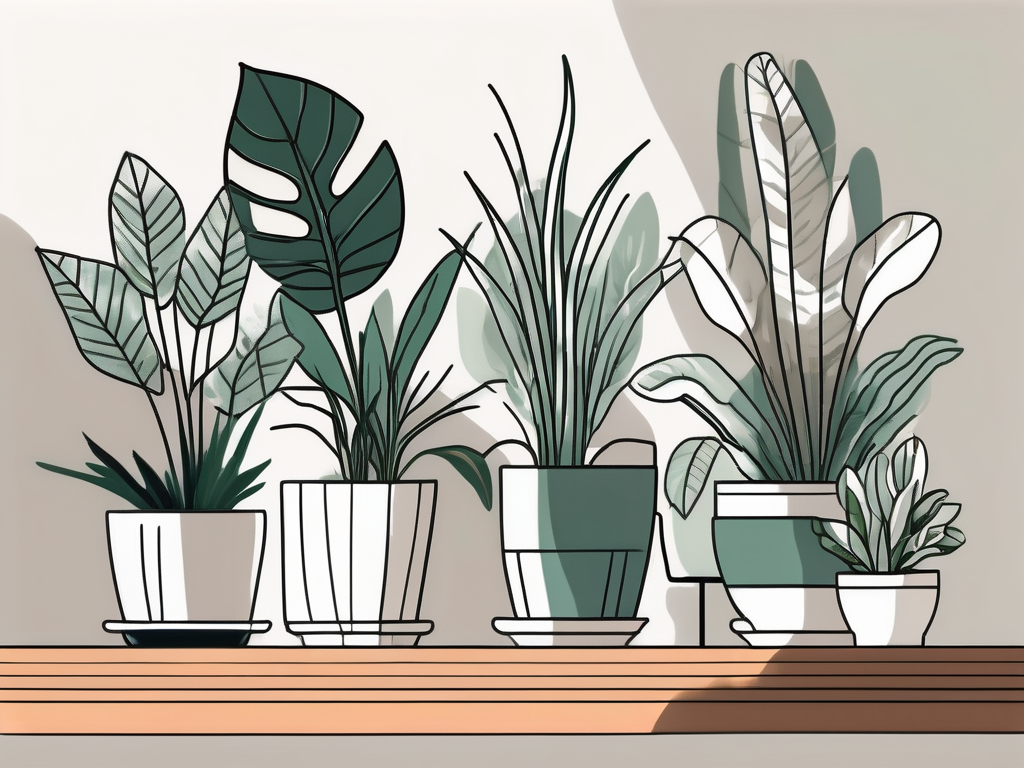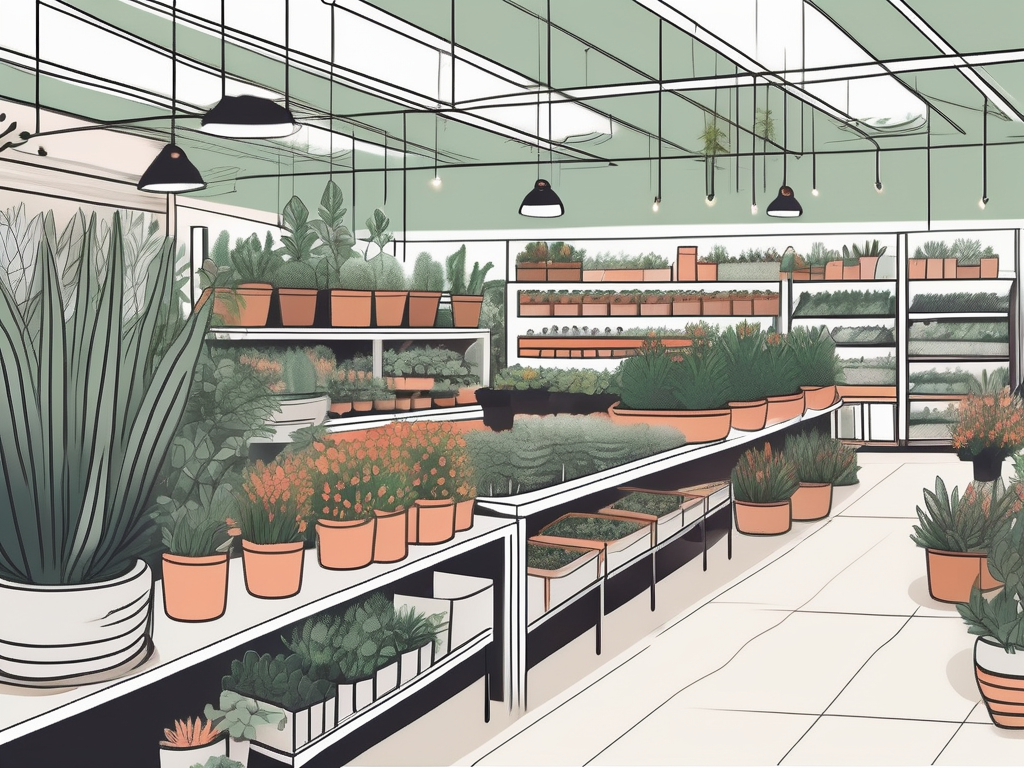
Choosing the right place to buy plants is almost as important as selecting the plants themselves. With so many options out there—from local nurseries to online stores—it can be a bit overwhelming. You want to make sure you're getting healthy plants that will thrive in your home, and that means considering where they come from.
This article will walk you through various options for purchasing plants, providing insights into what each has to offer. Whether you're a seasoned plant parent or just starting out, you'll find tips and recommendations to help you make informed decisions.
Local Nurseries: The Traditional Choice
Local nurseries are often the go-to for many plant lovers. These are places where you can find a wide variety of plants, often grown locally, which means they're already somewhat acclimated to your area's climate. Plus, there's something special about walking through rows of plants, getting inspired by their beauty and potential.
One of the biggest benefits of local nurseries is the expertise they offer. Many of the staff are seasoned gardeners themselves, eager to share their knowledge. So if you're unsure about which plants will thrive in your home, just ask! They'll provide guidance on everything from lighting and watering needs to pest control and repotting tips.
- Proximity: Local nurseries are often nearby, making it easy to drop by whenever you want to add a new plant to your collection.
- Personalized advice: Staff can offer tailored recommendations based on your specific needs and preferences.
- Community support: Buying from local businesses helps support your community and often means you're getting plants that are better suited for your local environment.
However, local nurseries might not have the rare or trendy plants that online stores can offer. They also tend to have higher prices compared to big-box stores, but the quality and personalized service often make it worth the extra cost.
Big-Box Stores: Convenience and Variety
Big-box stores like Home Depot, Lowe's, or even grocery stores can be convenient places to pick up plants, especially if you're there for other shopping needs. These stores typically carry a decent variety of common houseplants and seasonal outdoor plants.
The main attraction here is convenience and price. You can grab a new plant along with your home improvement supplies or groceries, and they often have competitive prices. It's a one-stop shop for many household needs.
- Wide availability: These stores are everywhere, which means you can easily find one close to home.
- Budget-friendly: Prices tend to be lower, making it easier to expand your collection without breaking the bank.
- Accessibility: Extended hours mean you can shop at your convenience, even on weekends or after work.
That said, the downside is the lack of specialized care. Plants might not be as well-cared-for compared to those at nurseries, and staff may not have the expertise to offer detailed plant advice. Be prepared to inspect plants closely for signs of poor health or pests before purchasing.
Online Plant Shops: Rare Finds and Home Delivery
Online plant shops have exploded in popularity, offering a wide variety of plants, including rare and exotic species that you might not find locally. Shopping online means you can browse a vast selection from the comfort of your home and have plants delivered right to your doorstep.
The convenience of online shopping is hard to beat. Plus, many online shops offer detailed descriptions and care guides for each plant, making it easier to choose the right one for your space.
- Rare varieties: Find unique plants that aren't available at local nurseries or big-box stores.
- Detailed information: Most online shops provide extensive care instructions and photos to help you make informed choices.
- Convenience: Shop anytime, anywhere, and get plants delivered directly to your home.
However, buying plants online comes with its challenges. There's the risk of shipping stress, where plants might arrive less healthy due to the journey. It's also harder to assess plant health and size from a photo. Always check the shop's return policy and customer reviews before purchasing.
Plant Swaps and Community Markets: A Social Experience
If you're looking for a fun and social way to expand your plant collection, consider attending plant swaps or community markets. These events are fantastic opportunities to meet fellow plant lovers, trade plants, and learn from each other.
Plant swaps are usually informal gatherings where you can bring your own cuttings or unwanted plants and trade them with others. It's a budget-friendly way to add new plants to your collection without spending money. Plus, you'll likely hear interesting stories about where the plants came from or how to care for them.
- Cost-effective: Swapping plants is a great way to get new ones without spending a dime.
- Community-building: Meet other plant people and learn from their experiences.
- Unique finds: You might stumble upon unusual plants or cuttings not typically sold in stores.
Community markets often have local growers selling their plants, which means you're supporting local businesses while getting healthy, acclimated plants. Just remember to bring cash, as some vendors might not accept cards.
Specialty Plant Stores: Expert Help and Unique Selections
Specialty plant stores focus solely on plants and plant-related products, offering a wide range of unique, high-quality options. These stores are often owned and staffed by passionate plant people who offer expert advice on plant care and selection.
Shopping at a specialty store means you're likely to find rare and exotic plants you won't see elsewhere. Plus, the staff can provide personalized recommendations and care tips, ensuring you choose the right plants for your space.
- Expert knowledge: Staff are usually well-versed in plant care and can offer detailed advice.
- Unique offerings: Discover rare and unusual plants that aren't available in other stores.
- Quality assurance: Specialty shops often prioritize plant health and quality, giving you peace of mind.
However, these stores can be more expensive than other options due to the specialized nature of their offerings. It's worth considering if you're looking for something specific or if you're willing to invest in a high-quality plant.
Garden Centers: A One-Stop Shop for Plant Needs
Garden centers often combine the best of both nurseries and big-box stores. They have a wide selection of plants, gardening tools, pots, and other supplies, making them a comprehensive resource for plant parents.
These centers typically have knowledgeable staff who can assist with plant selection and care tips. Many also offer workshops or classes, providing opportunities to learn more about gardening and plant care.
- Variety: A large selection of plants and gardening supplies all in one place.
- Knowledgeable staff: Get expert advice on plant care and maintenance.
- Learning opportunities: Participate in workshops to expand your gardening skills.
While garden centers are great for plant shopping, they can be overwhelming with their vast array of options. It helps to have a clear idea of what you're looking for before you go.
Farmers Markets: Fresh and Local Finds
Farmers markets aren't just for fruits and veggies; they're also a great place to find locally grown plants. Many vendors at farmers markets sell herbs, flowers, and even some houseplants, often grown without harmful chemicals.
Shopping at a farmers market supports local growers and ensures you're getting plants that are well-suited for your local environment. Plus, you can often get advice directly from the growers, which is invaluable for plant care.
- Local support: Purchase from local growers and get plants acclimated to your area.
- Organic options: Many vendors offer plants grown without harmful chemicals.
- Direct advice: Talk to growers for firsthand tips and insights on plant care.
Farmers markets are usually seasonal, so availability might be limited. It's a good idea to check market schedules and plan your visit accordingly.
Friends and Family: A Personal Touch
Sometimes the best place to get plants is from those you already know. Friends and family members who are into plants might have cuttings or extra plants they're willing to share. It's a wonderful way to grow your collection while strengthening relationships.
Receiving plants from loved ones adds sentimental value and a personal story to your collection. Plus, you can exchange plant care tips and support each other as plant parents.
- Cost-free: Sharing plants with friends and family is budget-friendly.
- Sentimental value: Each plant comes with a personal story and connection.
- Shared knowledge: Exchange care tips and experiences with each other.
The only downside is that you might not get the exact plant you're looking for. However, the personal touch often makes up for it, and you might discover new plants you wouldn't have chosen otherwise.
Online Marketplaces: A Mixed Bag
Platforms like eBay, Etsy, and Facebook Marketplace offer a variety of plants from individual sellers. These marketplaces can be a treasure trove of unique finds and competitive prices, but they require some caution.
The variety available on these platforms is extensive, and you can often find rare or unusual plants. However, it's important to carefully vet sellers and read reviews to ensure you're getting healthy plants.
- Extensive selection: Access to a wide range of plants, including rare and unusual varieties.
- Competitive pricing: Often find deals and discounts from individual sellers.
- Convenience: Browse and purchase plants from the comfort of your home.
However, there's a risk of receiving plants that aren't as described or that have been poorly packed. Always check seller ratings and return policies, and be prepared for the possibility of needing to nurse a plant back to health.
Final Thoughts
There are many places to buy plants, each with its own benefits and challenges. Whether you prefer the personal touch of a local nursery or the convenience of online shopping, the best choice depends on your needs and preferences as a plant parent.
At Cafe Planta, we offer a wide range of houseplants, plant care accessories, and even plant-themed apparel. If you have any questions about plant care or need advice, feel free to email us or send a message on Instagram. We're here to help you connect with nature and create a thriving plant collection in your home.

